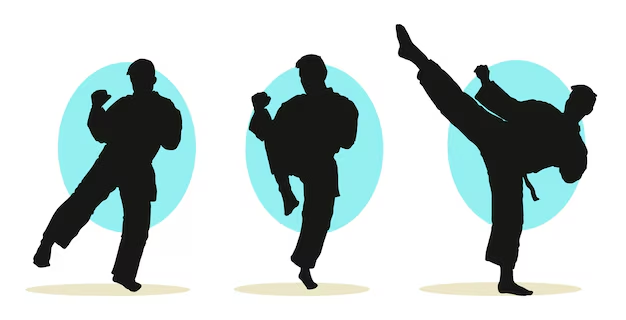‘Boredom’ seemed to play quite a big part for me and my friends at school. We were good students, by and large but we were often bored, despite being overall very happy. It is striking that we hardly ever hear the same complaint from our students today. I am not naïve enough to believe that everything has suddenly become fascinating; but I think there is a real difference here.
I used to think that boredom arose from having nothing to do, but a moment’s reflection shows that’s not the case; it’s perfectly possible to be bored with plenty to do. Nor does boredom have much to do with work or leisure alone – a person can have a lot or a little of work or leisure and still be bored to death. And while I think it is possible to understimulate babies and animals, we don’t ever think of boring them. So boredom is quite interesting, ironically, and a lens through which to view human endeavor and activity.
There are at least two types of boredom; both slightly different, and both important for us, as we educate the next generation of adults. The first most obvious type is situational boredom – the type that arises when we are waiting for something – for a train; for something to finish; when we are early for an appointment. I recall it well from my childhood but it’s not so common now; our devices mean we can always easily fill the time. But the problem remains – I notice that for many of us, recorded music seems less boring if we turn up the volume; or films more exciting if they contain action or violence. That is, we need an increasingly intense experience to capture our attention (there’s a reason I feel a need to put an image in nearly every blog!). Our jaded palates may be a result of the technology that brings everything to us pre-packaged and thought out. A child needs to make sense of a forest, or a sandbox; but the Louis Vuitton adverts leave us in no doubt about how we should feel. So we are increasingly passive observers and consumers – and this leads to the second, more serious boredom of satiety – when we are (sometimes literally) fed-up with all the things we have. Perhaps this arises from material privilege; and from the instant and often easy nature of so many aspects of our lives today, whereby everything becomes banal as a result. Bertrand Russell makes a stinging observation: as we rise in the social scale the pursuit of excitement becomes more and more intense. Those who can afford it are perpetually moving from place to place, carrying with them as they go gaiety, dancing and drinking, but for some reason always expecting to enjoy these more in a new place.
But perhaps there’s an alternative explanation for this form of boredom – not that it arises from having too much material wealth, but rather from a lack of meaning. Meaningless things are – almost by definition – boring. Which brings me back to why at school we don’t hear “this is so boring” so much these days.
My schooling was boring to me because I had to follow seemingly random rules; now we ask students what behaviours would be aligned with our values? I had to memorise a great deal of facts that were palpably useless after exams; now we organize thinking around ideas of enduring value later in life (conceptual understandings, as we call them). I had no input into the way lessons or school was run; now we actively and systematically seek feedback from students and make adjustments wherever we can. Contrary to those who say education has not changed a lot in recent decades, there is a world of difference.
Looking back, I also wonder if my schooling was boring because my teachers were bored; some of them certainly seemed that way. There’s certainly no danger of that for us; in our professional learning programme we ask our teachers what capacities they would like to grow (on the basis of what they know about their student achievement) and then support them in doing so. We are learning, just as our students are learning, and that’s not boring. You can see why our foundational Learning Principles – the ones that guide our planning, teaching, professional development – specifically talk about how we help students and teachers flourish by make meaning. People who have meaning in their lives are more likely to be engaged, motivated, happy, and successful. There’s no place or room for boredom there.
Reference
Svenden, L., (2005) A Philosophy of Boredom. London: Reaktion Books.




2 Responses
Hi Nick,
I think boredom is also a symptom of systems which don't provide an 'in' for student (or sometimes teacher)- agency. Schools are getting better and better at making room for student choice. If you haven't heard this episode of TED Radio Hour, it is a great follow up text to your thoughts here, the episode is "The Meaning of Work" http://www.npr.org/programs/ted-radio-hour/443411154/the-meaning-of-work
Thanks again for sharing your musings.
Kind Regards,
Tricia
Hi Nick,
I think boredom is also a symptom of systems which don't provide an 'in' for student (or sometimes teacher)- agency. Schools are getting better and better at making room for student choice. If you haven't heard this episode of TED Radio Hour, it is a great follow up text to your thoughts here, the episode is "The Meaning of Work" http://www.npr.org/programs/ted-radio-hour/443411154/the-meaning-of-work
Thanks again for sharing your musings.
Kind Regards,
Tricia